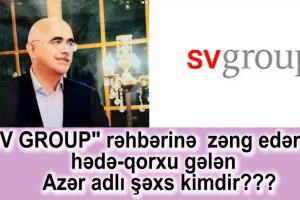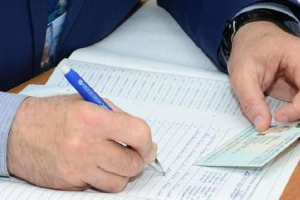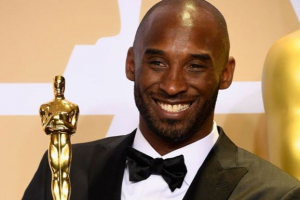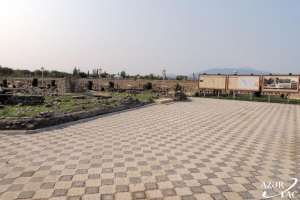


Saudi King Salman bin Abdulaziz has stripped the country’s crown prince of powers overseeing criminal investigations, designating a new public prosecution office to function directly under the king’s authority.
In a royal decree issued on Saturday, the Saudi ruler relieved Crown Prince Mohammed bin Nayef of his duties and renamed the Bureau of Investigation and Prosecution (BIP) as the Public Prosecution office.
The decree orders that the newly appointed public prosecutor, Sheikh Saud bin Abdullah bin Mubarak, report directly to the monarch, ensuring his independence to review Saudi Arabia’s system of investigation and propose any required amendments within 90 days.
The crown prince, who also served as head of the Interior Ministry, had been in charge of the BIP and tasked with nominating its chairman.
The bureau’s duties included investigating crimes, filing cases, prosecuting individuals, appealing court judgments and supervising the execution of criminal sentences.
The kingdom executed a total of 153 people in 2015, a global high.
The country has come under particular criticism from human rights groups for the executions carried out for non-fatal crimes.
Saudi authorities say the executions reveal the Saudi government’s commitment to “maintaining security and realizing justice.”
Amnesty International says Saudi Arabia has one of the highest execution rates in the world. Human Rights Watch has also called on the Saudi regime to abolish its “ghastly” beheadings.
Rights experts have raised concerns about the fairness of trials in the country.
Muslim clerics have also denounced Riyadh for executing suspects without giving them a chance to defend themselves, describing the Saudi authorities as uncivilized.














